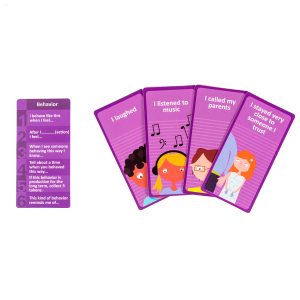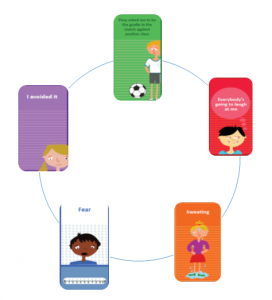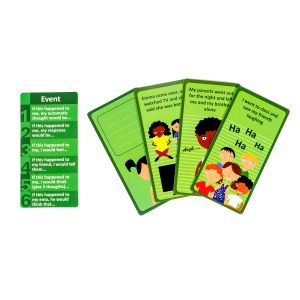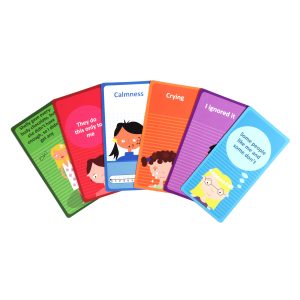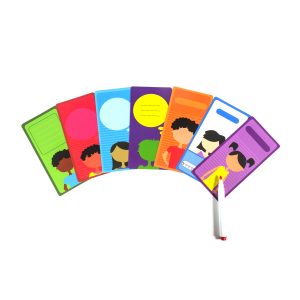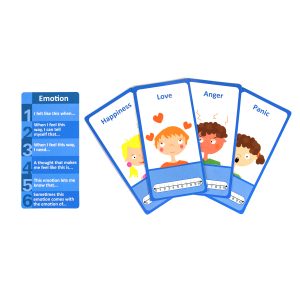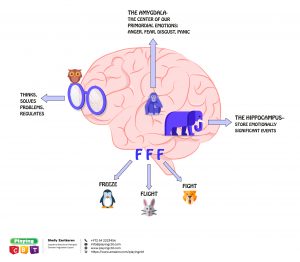
Getting children to open up and share their inner world
Our brain is like a zoo, filled with lots of different animals where each animal has a different role: The owl sits calmly at the front, ready to solve problems and help calm the monkey down. The monkey examines things with curiosity and decides whether a certain change of situation is good or bad for you. When he spots danger, he runs wild, scaring and agitating all the other animals, except for the owl which he simply throws out, so he can keep making a mess with no one to stop him. The […]

